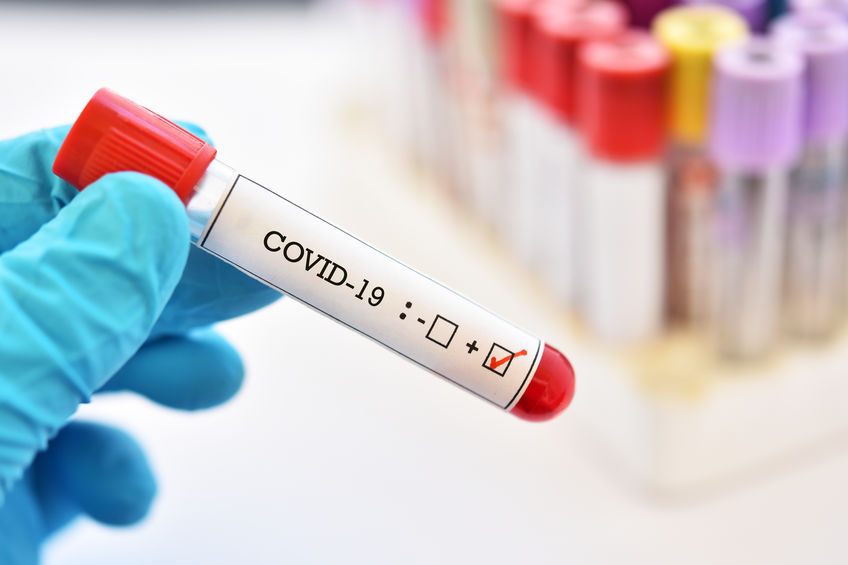G20 Leaders’ Commitments Fall Far Short of Expectations

The first-ever extraordinary virtual G20 leaders’ summit took place on March 26, 2020. The Summit was convened by Saudi Arabia, the current G20 chair, to develop collective global solutions in the fight against the coronavirus (COVID-19) pandemic. Singularly focused on the need to develop a global response to the pandemic, the Summit did not discuss the Saudi G20 Presidency agenda titled “Realizing Opportunities of the 21st Century for All” or previous commitments made by the G20.
Fortunately, the much-anticipated animosity between the US and China over the origins of the coronavirus or the ongoing oil price war between Saudi Arabia and Russia did not disrupt the proceedings at the Summit.
Since G20 countries together represent more than 85 percent of the global GDP besides close to 90 percent of the COVID-19 cases and deaths have occurred in G20 countries, high expectations from this Summit were raised to tackle the global pandemic. Many were expecting a quick, coordinated and synchronized global economic policy response from the G20, similar to what it did in the aftermath of the 2008 global financial crisis.
Where is the Beef?
After their two-hour video conference, G20 leaders released a Statement on COVID-19 that fell far short of expectations. The three-page statement is long on aspirations and intentions but short on concrete plans. For instance, the statement devotes several paragraphs on protecting lives and enhancing health measures globally, but it does not delineate specific health measures (with funds, targets, and timelines) that would constitute a health policy response to contain the spread of deadly COVID-19.
In the statement, the G20 leaders have committed to do “whatever it takes” and called for “global action, solidarity and international cooperation” to fight against the coronavirus. This is indeed welcome, but they have not outlined action plans along with timelines for their implementation.
The statement calls upon the G20 Finance Ministers and Central Bank Governors “to coordinate on a regular basis to develop a G20 Action Plan.” However, no time framework has been provided when this action plan would be ready.
The big headline of the virtual Summit is to inject over US$ 5 trillion into the global economy to manage the economic fallout of the coronavirus pandemic. The statement says: “We are injecting over $5 trillion into the global economy, as part of targeted fiscal policy, economic measures, and guarantee schemes to counteract the social, economic and financial impacts of the pandemic.”
But make no mistake: G20 is not making an additional commitment of $5 trillion to put the global economy on track as the said amount (including $2 trillion by the US alone) has already been committed by G20 member countries to revive their national economies. No additionality. No new global fund by the G20 to fight the COVID-19.
Some Major Shortcomings
First, Why have the G20 leaders not made the World Health Organization (WHO) a permanent invitee to all G20 Summits? The WHO has the mandate to protect public health and is currently coordinating international health efforts to fight the pandemic. If OECD, APEC, IMF, and World Bank can be permanent invitees of G20, why can’t the WHO?
Second, G20 leaders should have substantially enhanced the overall budget of WHO, which is facing immense financial stress, rather than only closing the financing gap of its Strategic Preparedness and Response Plan.
Third, no commitment has been made by the US at the Summit to extend US dollar swap lines to many emerging markets and developing economies (other than Singapore, South Korea, Mexico, and Brazil) that are also facing a dollar funding squeeze due to rapid capital outflows.
Fourth, G20 leaders have offered no debt relief to the poor countries experiencing acute financial difficulties in battling against the coronavirus pandemic. This is despite the fact that the IMF and the World Bank issued a joint statement just a day before the G20 Leaders’ Summit calling “all official bilateral creditors to suspend debt payments from IDA countries that request forbearance.”
Fifth, the G20 Leaders’ statement makes no reference to back the proposals made by the IMF to double its emergency financing capacity and a sizeable SDR (Special Drawing Right) allocation to enhance financial assistance to poor and developing countries. The IMF leadership cannot do so without the backing of its largest shareholders, especially the US.
Sixth, the statement says that “we commit to do whatever it takes and to use all available policy tools to… maintain market stability,” it falls short of recommending specific policy tools and regulations (such as capital controls and a ban on short-selling) that are vital for maintaining market stability.
Finally, the G20 Leaders’ statement does not call upon member countries to pause their ongoing trade and oil price wars and unilateral sanctions that obstruct international cooperation to fight against the coronavirus. Even the call for the removal of export controls on medical supplies is vague.
Image courtesy of 123rf.com
